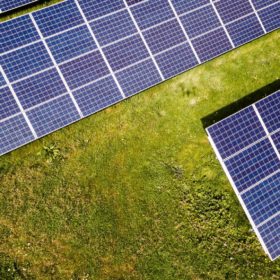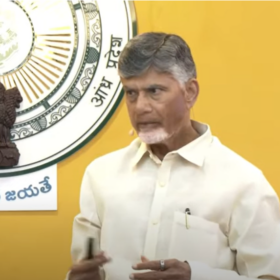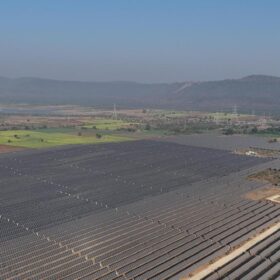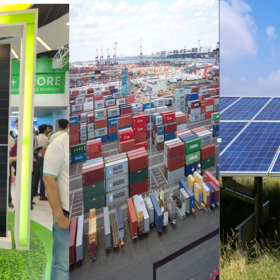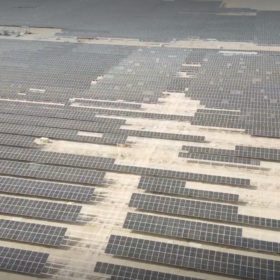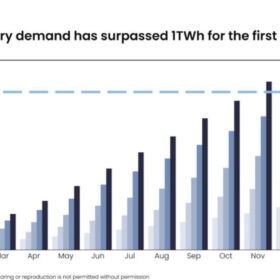Pennar, Zetwerk form solar module joint venture
Pennar Industries and Zetwerk Manufacturing have agreed to form a joint venture company for manufacturing and sale of solar modules.
Adani solar power contracts can’t be scrapped without proof: Andhra chief minister
Andhra Pradesh chief minister N Chandrababu Naidu said the state government can’t scrap power offtake contracts unless concrete proof is available.
India’s green transition: Key workforce trends in renewable energy
The demand for renewable energy project managers, battery storage specialists, and wind energy technicians is set to grow significantly in 2025. Additionally, positions in solar plant operations, maintenance, and technical roles will remain highly sought after.
The evolving landscape of solar manufacturing
Countries worldwide are increasingly implementing customs duties as a strategy to curb imports, protect local industries, and promote domestic growth. These sanctions are only expected to increase further as China continues to dominate the solar manufacturing space.
2024 solar snapshot and the road ahead
A snapshot of the milestones reached in Indian solar manufacturing and power project installations, anticipations, and more…
Top 5 most-read solar stories of 2024
As we enter the new year, look back at 2024’s top 5 most read stories on pv magazine India platform.
JSW Energy acquires O2 Power
JSW Energy Ltd has acquired O2 Power, a 4.7 GW renewable energy platform, at an enterprise value of INR 12,468 crore ($1.47 billion).
Hydrogen energy: India’s path to a sustainable future
The widespread adoption of hydrogen energy has the potential to reduce India’s annual greenhouse gas emissions by 50 million tonnes by 2030. This transition will not only contribute significantly to global climate goals but also drive economic growth through job creation, increased energy security, and enhanced industrial competitiveness.
NTPC signs MoU for green hydrogen mobility in Bhubaneswar
NTPC will set up a green hydrogen fuelling station in Bhubaneswar and provide hydrogen buses for short-haul and long-haul operation.
Annual lithium-ion demand surpasses 1 TWh for first time
The big milestone comes on the back of a record month for electric vehicle sales and strong battery energy storage system (BESS) deployment. However, EV demand remains far behind BESS with the latter’s impressive growth reaching a year-on-year increase of 175% and cumulative 19.4 GWh deployed in November alone.
